 W
WVirginia Dare Aderholdt was an Arlington Hall cryptanalyst and Japanese translator, who decrypted the intercepted Japanese surrender message, August 14, 1945.
 W
WDaniel P. Aldrich is an academic in the fields of political science, public policy and Asian studies. He is currently professor of political science and public policy at Northeastern University and was a Fulbright Specialist in Trinidad-Tobago in 2018, a Fulbright research fellow at the University of Tokyo's Economic's Department for the 2012-2013 academic year, and a IIE Fulbright Dissertation Fellow in 2002-2003. His research, prompted in part by his own family's experience of Hurricane Katrina, explores how communities around the world respond to and recover from disaster.
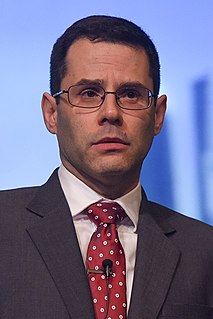 W
WMichael Robert Auslin is an American writer, policy analyst, historian, and scholar of Asia. He is currently the Payson J. Treat Distinguished Research Fellow in Contemporary Asia at the Hoover Institution, Stanford University, a Senior Fellow in the Asia and National Security Programs at the Foreign Policy Research Institute, and a senior fellow at London's Policy Exchange. He was formerly an associate professor at Yale University and a resident scholar and director of Japanese studies at the American Enterprise Institute, a conservative think tank in Washington, D.C.
 W
WAlice Mabel Bacon was an American writer, women's educator and a foreign advisor to the Japanese government in Meiji period Japan.
 W
WRuth Fulton Benedict was an American anthropologist and folklorist.
 W
WWilliam Sturgis Bigelow (1850–1926) was a prominent American collector of Japanese art. He was one of the first Americans to live in Japan and helped to form the standards by which Japanese art and culture were appreciated in the West.
 W
WJeremy Blaustein is an American translator and voice director. Blaustein has worked as a localizer, translating Japanese media into English. He has worked on games such as Metal Gear Solid and Castlevania: Symphony of the Night.
 W
WHenry Pike Bowie was an American lawyer, artist, author, Japanologist, and diplomat.
 W
WGerald L. Curtis is an American academic, a political scientist interested in comparative politics, Japanese politics and U.S.-Japan relations.
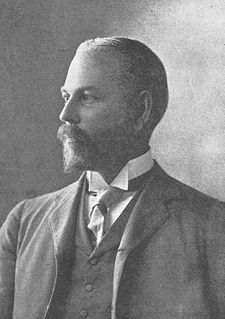 W
WErnest Francisco Fenollosa was an American art historian of Japanese art, professor of philosophy and political economy at Tokyo Imperial University. An important educator during the modernization of Japan during the Meiji Era, Fenollosa was an enthusiastic Orientalist who did much to preserve traditional Japanese art.
 W
WJames Philip Gabriel is an American translator and Japanologist. He is a full professor and former department chair of the University of Arizona's Department of East Asian Studies and is one of the major translators into English of the works of the Japanese novelist Haruki Murakami.
 W
WMichael J. Green is an American Japanologist who is the Japan Chair and a senior adviser at the Center for Strategic and International Studies (CSIS), as well as an associate professor and Chair in Modern and Contemporary Japanese Politics and Foreign Policy at Georgetown University. He served as Special Assistant to the President for National Security Affairs and Senior Director for Asian Affairs at the National Security Council (NSC) from January 2004 to December 2005 under George W. Bush. He joined the NSC in April 2001 as director of Asian affairs with responsibility for Japan, Korea, and Australia/New Zealand. From 1997 to 2000, he was senior fellow for Asian security at the Council on Foreign Relations, where he directed the Independent Task Force on Korea and study groups on Japan and security policy in Asia. He served as senior adviser to the Office of Asia Pacific Affairs at the Department of Defense in 1997 and as consultant to the same office until 2000.
 W
WWilliam Elliot Griffis was an American orientalist, Congregational minister, lecturer, and prolific author.
 W
WHarry D. Harootunian is an American historian of early modern and modern Japan with an interest in historical theory. He is Professor Emeritus of East Asian Studies, New York University, and Max Palevsky Professor of History and Civilizations, Emeritus, University of Chicago.
 W
WJames Curtis Hepburn was an American physician, translator, educator, and lay Christian missionary. He is known for the Hepburn romanization system for transliteration of the Japanese language into the Latin alphabet, which he popularized in his Japanese–English dictionary.
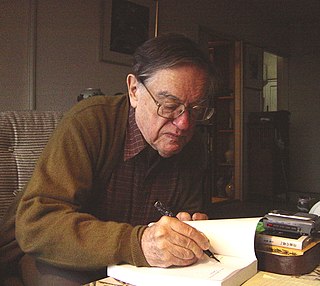 W
WDonald Lawrence Keene was an American-born Japanese scholar, historian, teacher, writer and translator of Japanese literature. Keene was University Professor emeritus and Shincho Professor Emeritus of Japanese Literature at Columbia University, where he taught for over fifty years. Soon after the 2011 Tōhoku earthquake and tsunami, he retired from Columbia, moved to Japan permanently, and acquired citizenship under the name Kīn Donarudo . This was also his poetic nom de plume and occasional nickname, spelled in the ateji form 鬼怒鳴門.
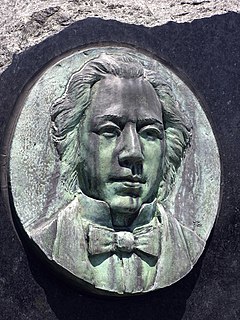 W
WRanald MacDonald was the first native English-speaker to teach the English language in Japan, including educating Einosuke Moriyama, one of the chief interpreters to handle the negotiations between Commodore Perry and the Tokugawa Shogunate.
 W
WDonald J. Maloney was an American author. He wrote a weekly newspaper column about his life as an American businessman in Japan during the 1970s.
 W
WRoy Andrew Miller was an American linguist best known as the author of several books on Japanese language and linguistics, and for his advocacy of Korean and Japanese as members of the proposed Altaic language family.
 W
WMarc Hideo Miyake is an American linguist who specializes in historical linguistics, particularly the study of Old Japanese and Tangut.
 W
WSusan Jolliffe Napier is a Professor of the Japanese Program at Tufts University. She was formerly the Mitsubishi Professor of Japanese Literature and Culture at the University of Texas at Austin. She also worked as a visiting professor in the Department of East Asian Languages and Civilizations at Harvard University, and in cinema and media studies at University of Pennsylvania. Napier is an anime and manga critic.
 W
WAndrew Nathaniel Nelson was an American missionary and scholar of East Asian languages and literature, best known for his work in Japanese lexicography.
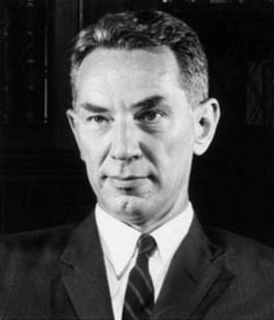 W
WEdwin Oldfather Reischauer was an American diplomat, educator, and professor at Harvard University. Born in Tokyo to American educational missionaries, he became a leading scholar of the history and culture of Japan and East Asia. Together with George M. McCune, a scholar of Korea, in 1939 he developed the McCune–Reischauer romanization of the Korean language.
 W
WDonald Richie was an American-born author who wrote about the Japanese people, the culture of Japan, and especially Japanese cinema. Although he considered himself primarily a film historian, Richie also directed a number of experimental films, the first when he was seventeen.
 W
WDonald Howard Shively was an American academic, historian, Japanologist, author and professor emeritus of East Asian Languages and Cultures at the University of California, Berkeley. He was a leader of Japan studies in the United States.
 W
WConrad Davis Totman is an American historian, academic, writer, translator and Japanologist. Totman was a Professor Emeritus at Yale University.
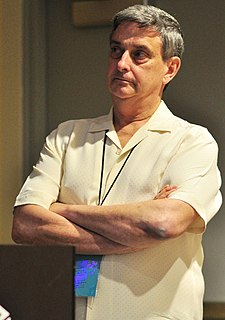 W
WJohn Whittier Treat is Professor Emeritus of East Asian Languages and Literature at Yale University, Connecticut, United States, where he teaches Japanese literature and culture. He was co-editor of the Journal of Japanese Studies. He has published numerous essays and several books on Japan-related topics. In 2008, he discussed his work with Peter Shea at the University of Minnesota.
 W
WPayson Jackson Treat was an American Japanologist. He was born in New York City on November 12, 1879, and attended Wesleyan University as an undergraduate. He then attained a master's degree at Columbia. He started teaching at Stanford University in 1905, and was appointed a professor of history there in 1906—the first professorship in Far Eastern history at an American university. Treat received a doctorate at Stanford in 1910, working on the history of the American land system as a student of Max Farrand. In 1921, he was a visiting lecturer at the Imperial University of Tokyo and the University of Hong Kong. He retired in 1945 after teaching at Stanford for 40 years, but remained in Stanford, California, where he died on June 15, 1972. Until his death, Treat maintained an index card file relating the names and children of over 7,000 of his students.
 W
WValdo H. Viglielmo was a prominent scholar and translator of Japanese literature and works of Japanese philosophy.
 W
WEzra Feivel Vogel was an American sociologist who wrote prolifically on modern Japan, China, and Korea, and worked both in academia and the public sphere. He was Henry Ford II Professor of the Social Sciences at Harvard University.
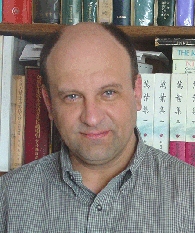 W
WAlexander Vladimirovich Vovin is an American linguist and philologist, born in Russia, currently director of studies at the School for Advanced Studies in the Social Sciences in Paris, France. He is a world-renowned linguist who is well known for his research on East Asian languages.